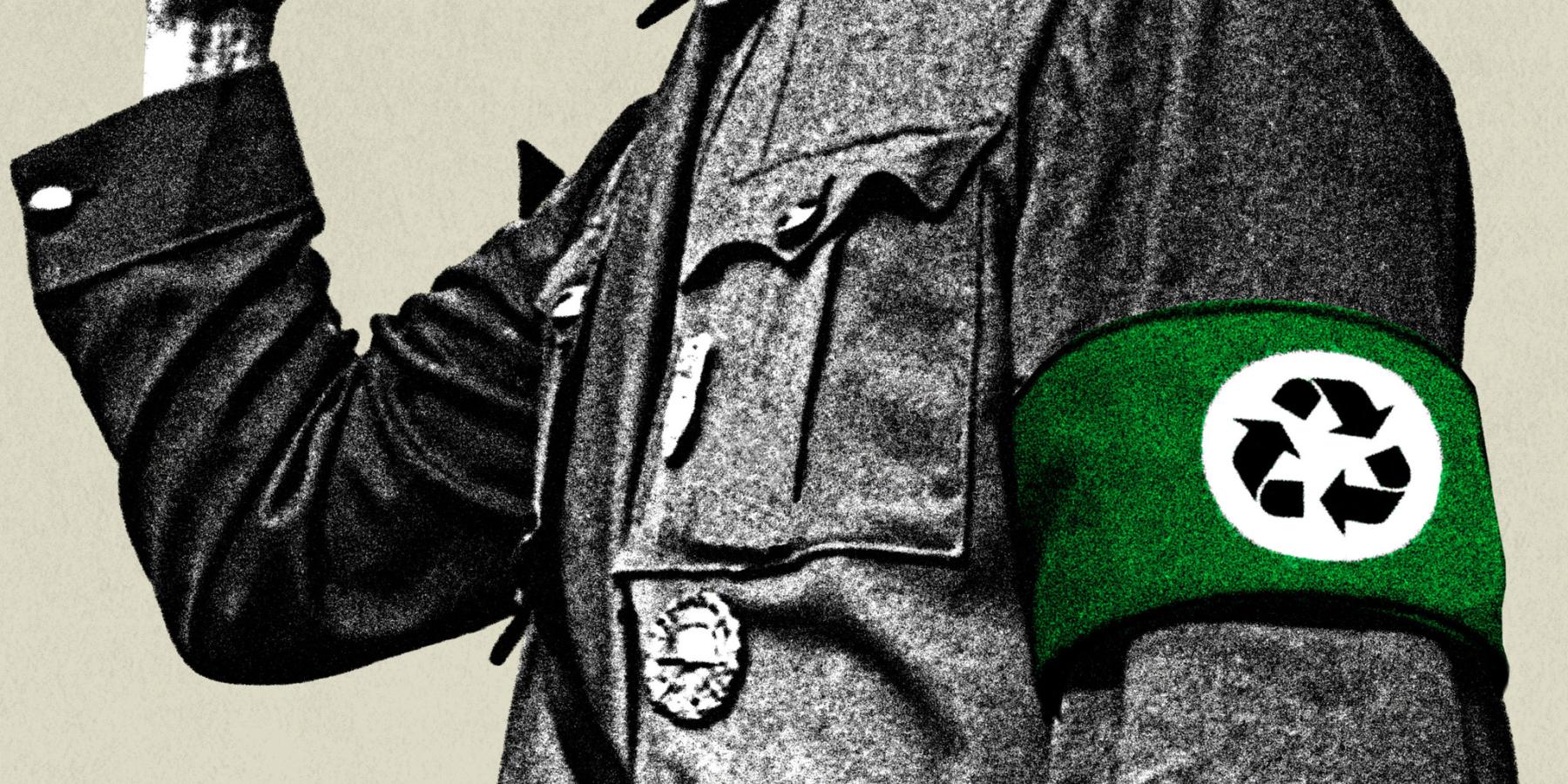How to Fight Climate Change Ethically and Effectively

For my research fellowship, I studied the way climate change will affect our political systems. In particular, I researched how, as climate change worsens, the need for ever more radical action increases. Because of this, democracy is beginning to fall out of favor among scholars, pundits, and scientists for its slow and deliberative nature that seems unable to handle the vastness of the crisis before it. As a result, green authoritarianism—or the idea that power will have to be consolidated and individual rights and liberties suspended in order to fight climate change—is gaining attraction for its supposed ability to better confront global climate change.
Unlike the range of writers and thinkers who distrust democracy’s ability to guide us through the climate crisis, and who believe instead in the need for forms of green authoritarianism, I argue that democracy is not to blame for inaction on climate change, and that eco-authoritarianism, no matter what form it takes, is both ineffective and unethical. Instead, I concluded, collective democratic action remains the best political answer to our ecological emergency.
